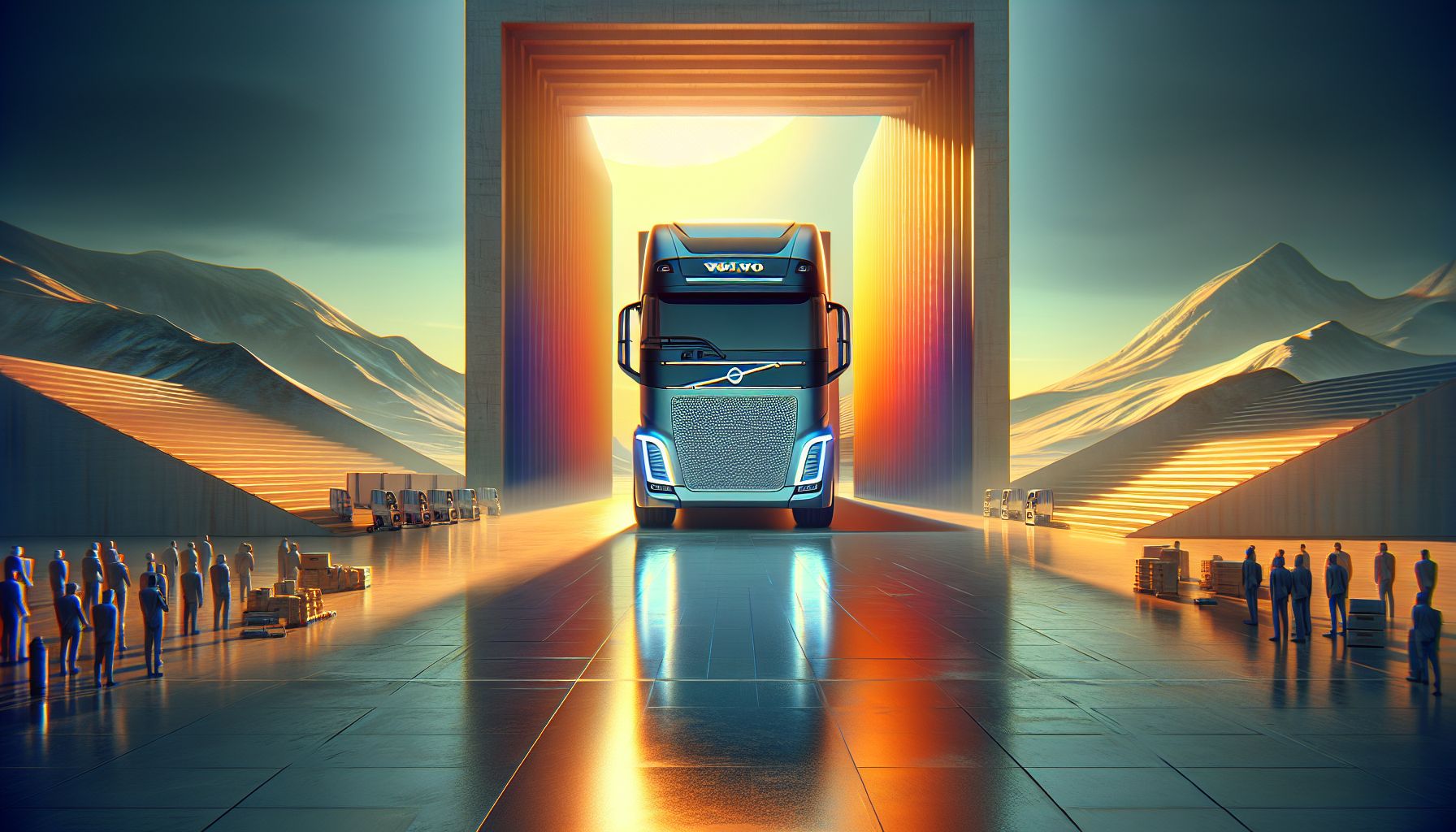Volvo Unveils Hydrogen-Powered Combustion Engine Trucks

Volvo has developed trucks with hydrogen internal combustion engines, aiming to reduce carbon emissions. Customer tests start in 2026, with commercial availability by decade’s end.
Green Hydrogen: A Key to Decarbonization
Volvo Trucks, a global leader in the automotive industry, has announced the development of trucks powered by hydrogen internal combustion engines (ICE). This innovation represents a significant step towards reducing carbon emissions in the transportation sector. By utilizing green hydrogen, Volvo aims to offer a sustainable alternative to fossil fuels, thus contributing to the decarbonization of logistics and transportation, particularly in regions with limited charging infrastructure.
Technological Innovations and Strategic Partnerships
The hydrogen-powered trucks will feature High Pressure Direct Injection (HPDI) technology. This technology, developed in collaboration with Westport Fuel Systems, involves injecting a small amount of ignition fuel at high pressure before adding hydrogen. The result is higher energy efficiency and increased engine power. The joint venture with Westport is expected to become operational in the second quarter of 2024, further accelerating the deployment of this cutting-edge technology[1][2].
Performance and Environmental Impact
“Trucks with traditional internal combustion engines running on hydrogen will deliver the same performance and reliability as our diesel trucks,” says Jan Hjelmgren, Head of Product Management and Quality at Volvo Trucks. These hydrogen trucks promise potentially net zero CO2 emissions from well-to-wheel, making them a valuable addition to Volvo’s existing range of zero-emission vehicles, which includes battery-electric and fuel cell electric trucks. The trucks are also expected to meet the EU’s newly agreed CO2 emission standards, classifying them as Zero Emission Vehicles (ZEV)[3][4].
Customer Trials and Market Introduction
Volvo plans to initiate customer tests of these hydrogen-powered trucks in 2026, with a commercial launch anticipated towards the end of the decade. The trucks are designed to be particularly effective for long-distance routes and areas with insufficient charging infrastructure. By offering a variety of decarbonization solutions, Volvo aims to support its customers in achieving their sustainability goals and adapting to diverse transport assignments and energy prices[5][6].
Future Prospects and Industry Impact
Volvo’s move towards hydrogen-powered combustion engine trucks signifies a broader industry trend of integrating multiple technologies to achieve environmental sustainability. As the transportation sector continues to explore alternatives to fossil fuels, innovations like Volvo’s hydrogen trucks are likely to play a crucial role. With ongoing advancements and strategic partnerships, the potential for wide-scale adoption of hydrogen-powered trucks appears promising, offering a pathway to a greener future for heavy transport[7].
Bronnen
- duurzaam-actueel.nl
- www.electronicsweekly.com
- www.fullyloaded.com.au
- www.truckinginfo.com
- electriccarsreport.com
- www.volvotrucks.de

